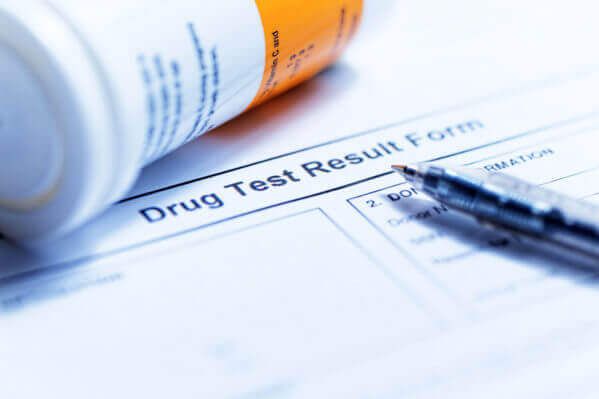Testing Requirements for Air Traffic Control Facilities
Air traffic control facilities are what keep our skies and air travel safe, so it only makes sense that those involved with air traffic control, either via direct communication or other safety-sensitive functions, are subject to regular drug and alcohol testing. This testing is regulated by the FAA, so the requirements are consistent across every state throughout the country. Below, you can get a look at the testing requirements so you can ensure that your air traffic facility remains in compliance:
Testing Scheduling
There are several times when individuals with safety-sensitive positions in air traffic control facilities will be subjected to drug and alcohol testing. The most consistent and important requirement is pre-employment screening. No person should be allowed to be hired or transferred to a safety-sensitive function without first successfully completing a drug and alcohol screen. In addition, testing may occur under these circumstances:
- Random screening – employees will be selected from a random pool and need to submit a test within a 24-hour period.
- Reasonable suspicion – management may indicate when an employee requires testing due to reasonable suspicion, which is established through reasonable suspicion training within the workplace.
- Post-accident – any accident that takes place at the workplace or while on the clock will require an immediate drug screen for the individuals involved.
- Return-to-duty – after any extended leave, including those prompted by drug rehab or workplace accidents.
Employee Education
Along with regular testing, air traffic control facilities must also provide employees with appropriate drug and alcohol training. This will include a transparent drug and alcohol testing policy, which employers are responsible for ensuring that employees understand.
For FAA-compliant drug and alcohol testing for your facilities, you can count on AZC Drug Testing Employee Screening Services. We are a national provider of drug and alcohol testing and employee background check services with offices in Tucson, AZ and Phoenix, AZ. You can reach us today by calling (800) 224-8532.





